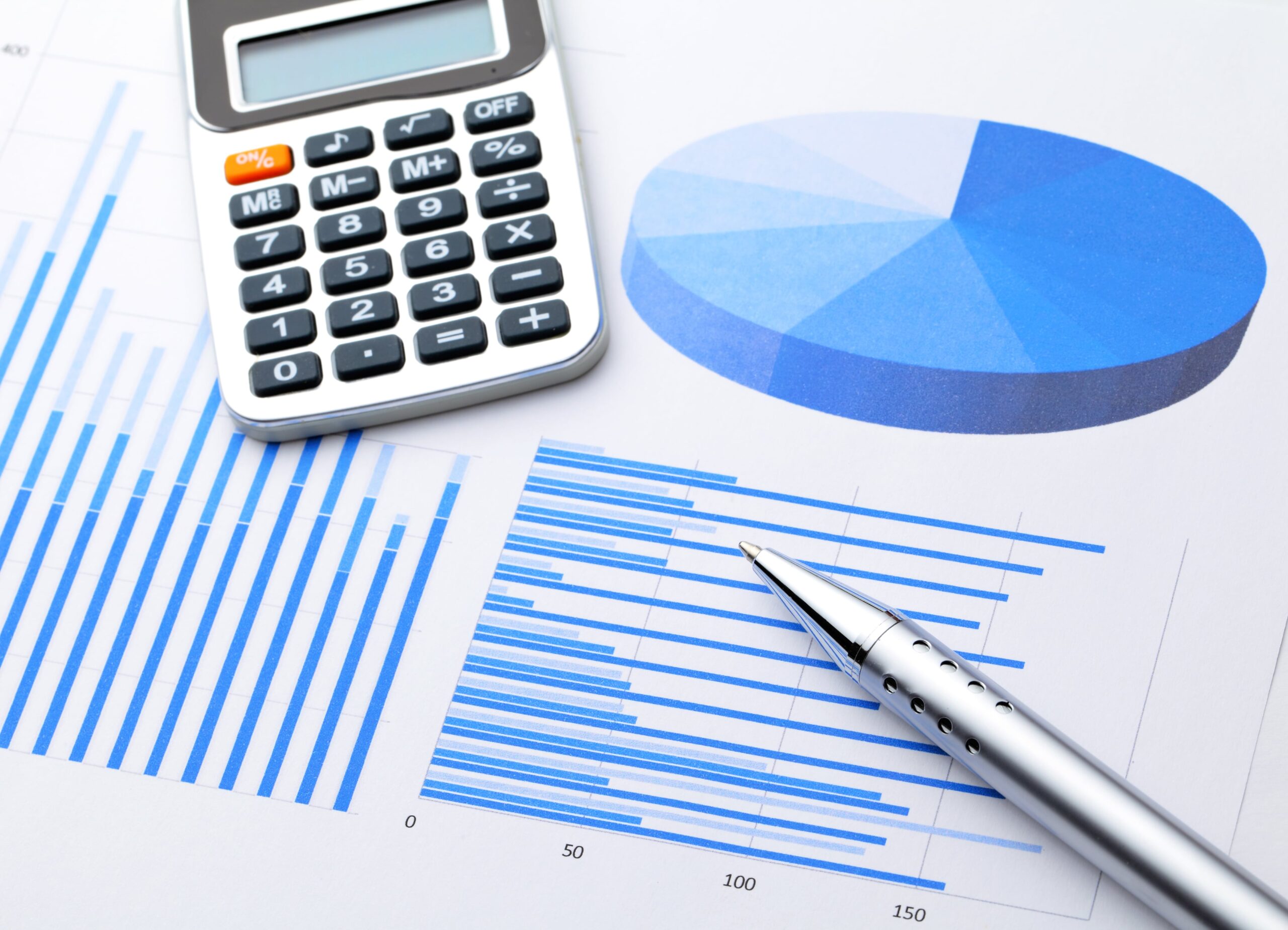To ensure your company meets its statutory obligations, it’s essential you understand its accounting period.
What is an annual accounting period, why is it important, and how does it apply to limited companies in the UK?
What is my accounting period?
The annual accounting period for a company refers to the time frame it uses to prepare its financial accounts and submit tax returns.
An accounting period typically lasts 12 months, and accounts are then submitted to HM Revenue & Customs as well as Companies House.
These are used as the basis on which Corporation Tax liabilities are calculated.
A company’s accounting period will usually start on the date the company was incorporated, or on the day after the previous accounting period ended.
The first accounting period for most new companies will last up to 18 months from the date of incorporation to the end of the company’s chosen accounting year.
How do I know my accounting period?
Your company’s accounting period will be on your incorporation documents.
It can also be found on your company’s record on the Companies House website.
When your company was first incorporated, Companies House will have an assigned an accounting reference date (ARD). This will set out the date your accounting period ends.
An accounting period typically runs for 12 months, ending on the same date annually.
How long is the UK annual accounting period?
As the name suggests, an annual accounting period lasts for 12 months.
The exception to this is newly incorporated companies which have 18 months before they need to submit their first accounts, giving them flexibility in setting their financial year-end.
Does the accounting period have to be 12 months?
The typical accounting period is 12 months.
As mentioned above, the first accounting period for newly incorporated companies can last up to 18 months, aligning their accounts with a specific financial year end.
If a company wants to change its accounting year-end, then it may opt for an accounting period that is shorter than 12 months, to reflect this adjustment.
What is the shortest accounting period allowed?
Legally, the shortest accounting period is six months. This may apply if a company adjusts its accounting reference date (ARD).
Can I change my accounting period?
It’s possible to change your accounting period, but limitations apply.
To change your accounting period, your accounting reference date (ARD) will need to be altered with Companies House. This can be shortened as often as you like.
However, this can only be extended once every five years, except under exceptional circumstances.
Your limited company accountant will be able to advise you about changing your accounting period and its implications.
Bespoke limited company accounting services from DAAFL
At DAAFL, our team of financial experts provides a range of accounting services for limited companies, ensuring they meet their statutory obligations, reduce their liabilities, and optimise their financial record keeping.
Our bespoke services remove the stress and guesswork from managing your limited company finances, giving you more time for other business activities.
Want to learn more about limited company accounting and the value it brings to your business?
Contact us to find out more about how we can help.
More on Limited Company Accounting
Preparing and Submitting Accounts For Limited Companies
Cost of a Limited Company Accountant
Consolidated Financial Statements
Do private companies need to report financials
Can I do my own limited company accounts
More on Limited Company Accounting
Preparing and Submitting Accounts For Limited Companies
Cost of a Limited Company Accountant
Consolidated Financial Statements
Do private companies need to report financials
